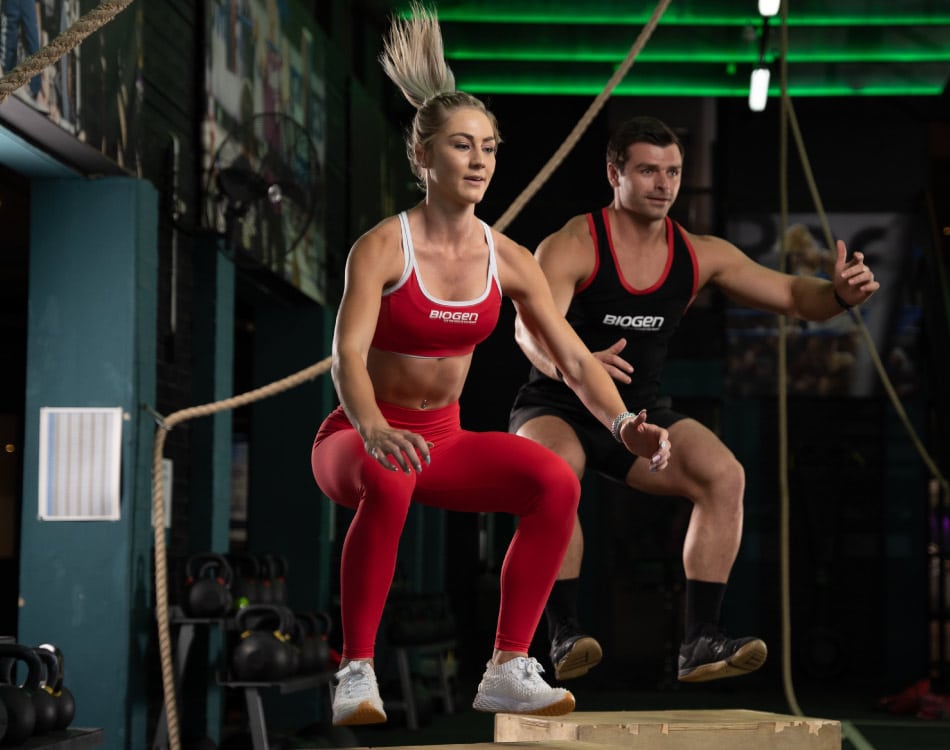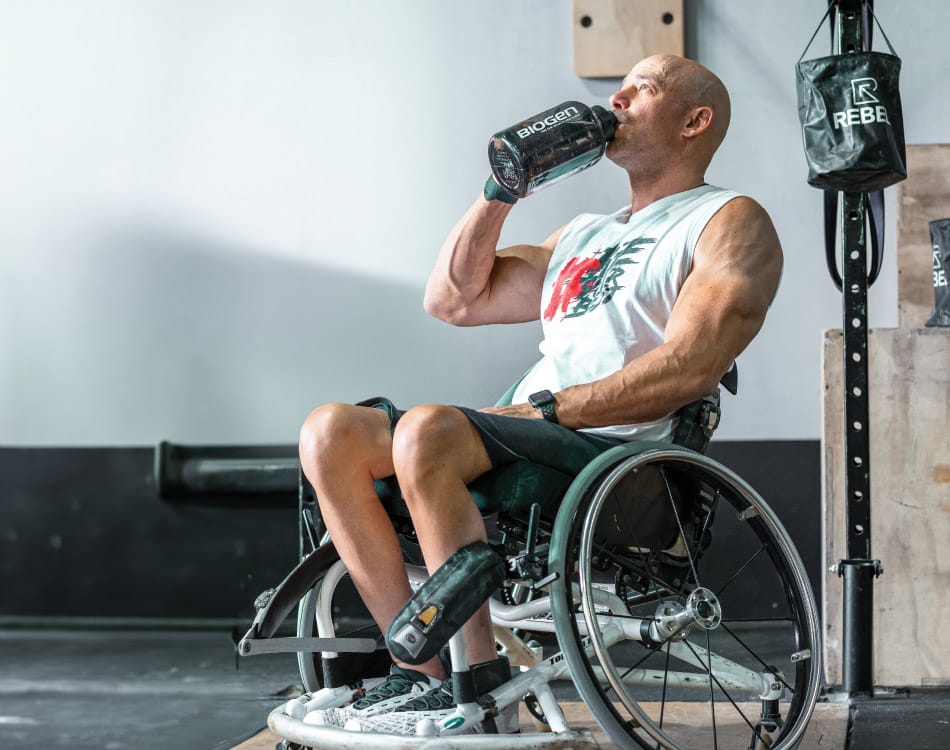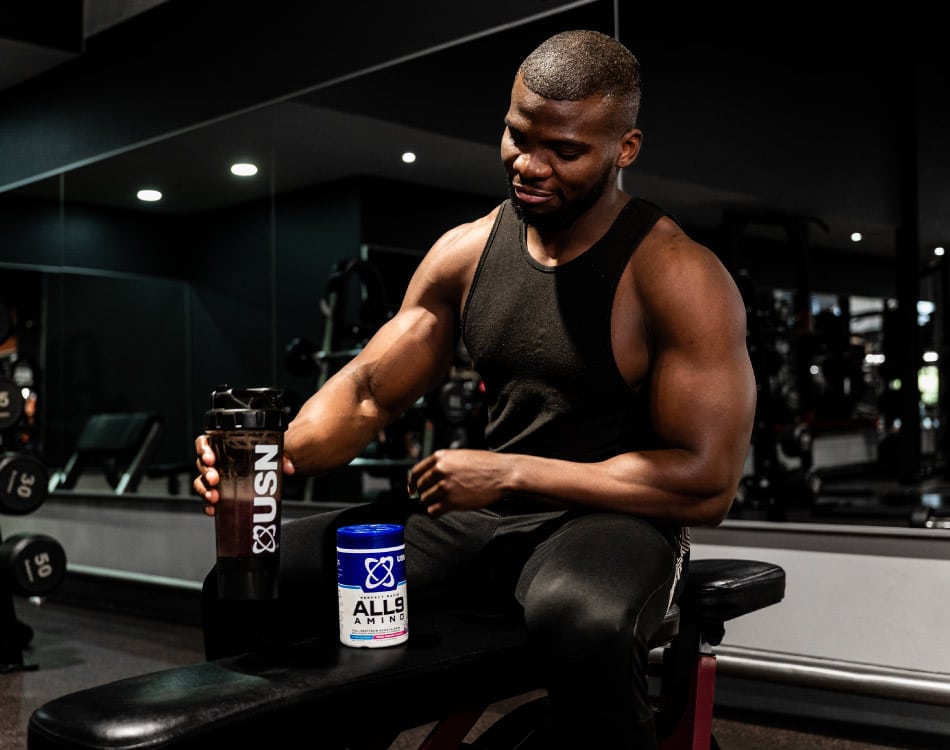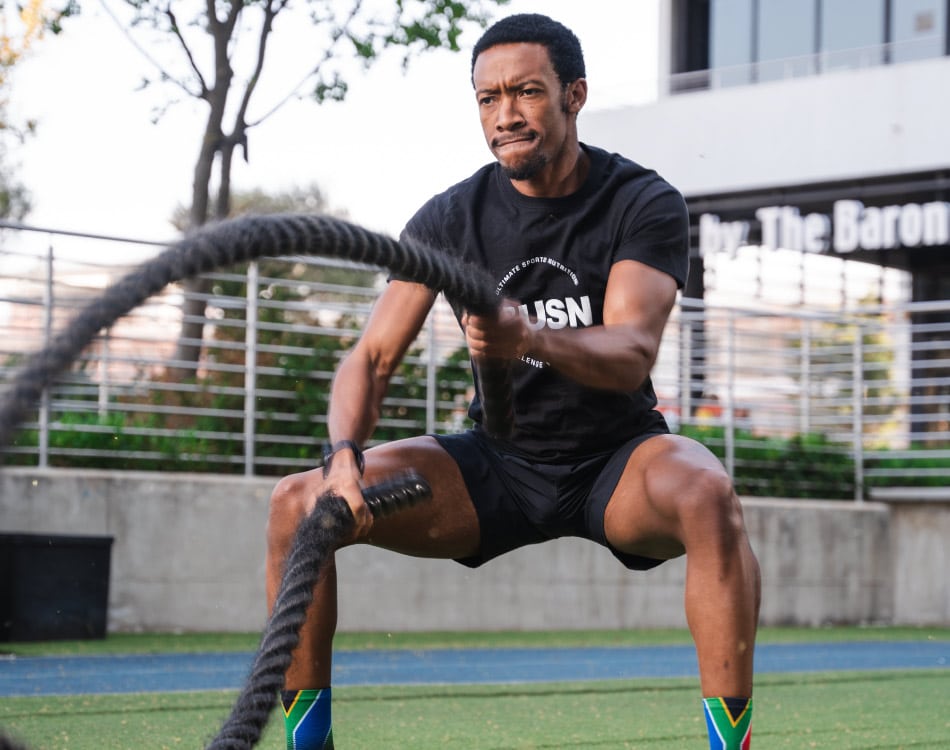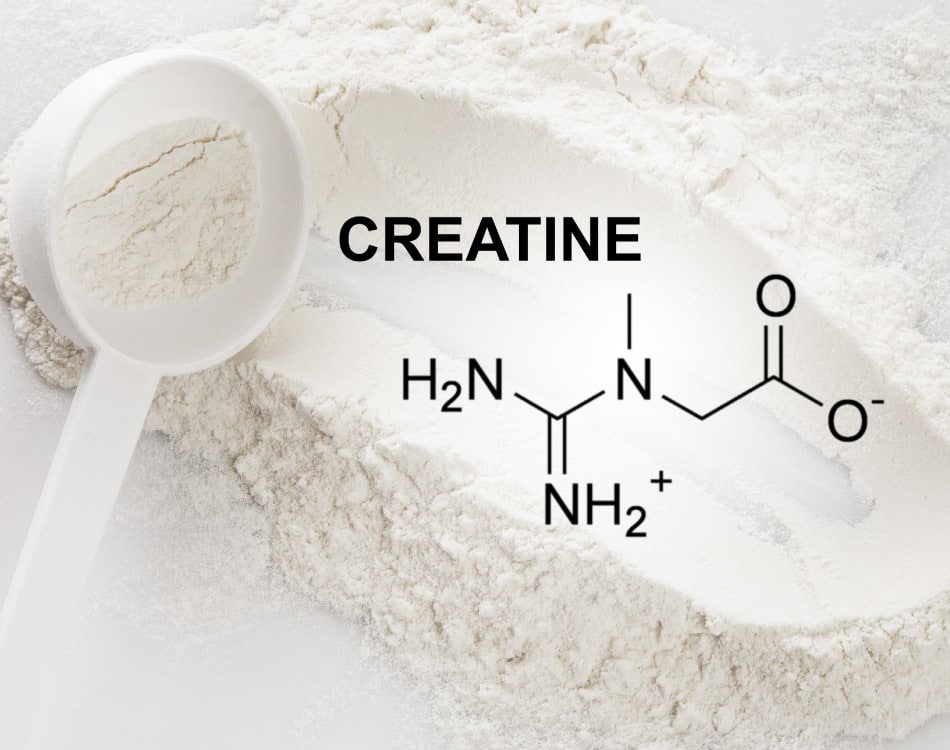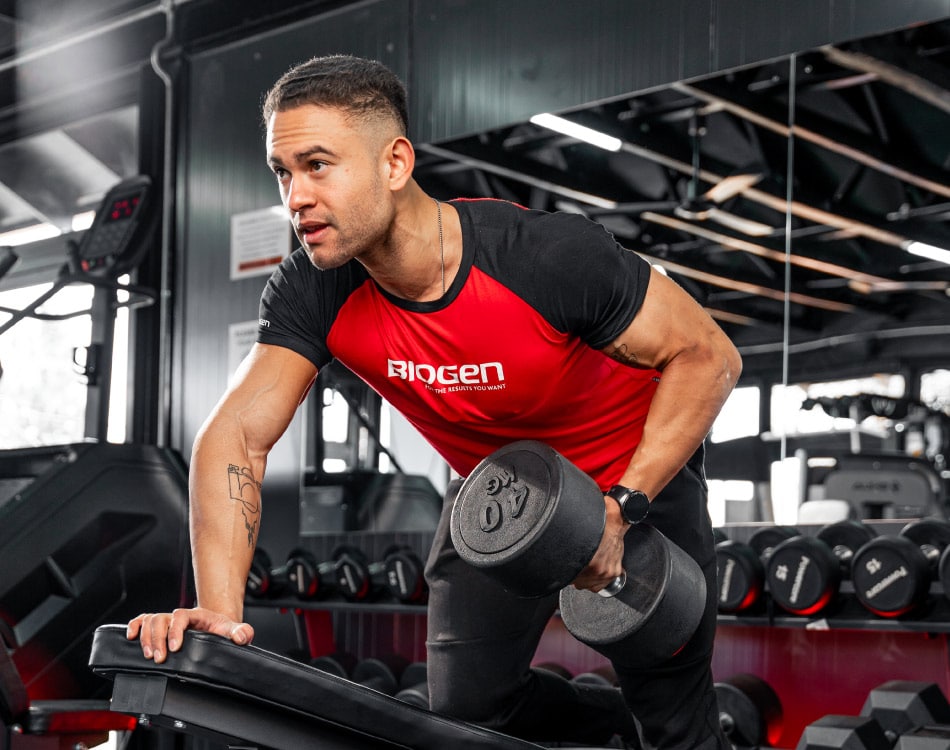We’ve all been there before – neck deep in the fridge, on the hunt for more food mere minutes after dinner.
It’s fairly common for individuals who train and race hard to find themselves in this compromising situation, which is far from ideal when you’re trying to achieve or maintain race weight.
But don’t beat yourself up about your perceived inability to control your cravings. There’s a perfectly logical physiological answer to your ravenous, seemingly insatiable hunger. It’s called the compensation effect.
Exercise-induced hunger
Research shows that, in general, energy expenditure from exercise results in an associated increase in caloric intake.
Researchers have found that burning calories through intense exercise or high activity volumes intensify hunger as the sensitivity of the body’s hormonally-mediated appetite signalling system increases.
This can also stimulate unconscious changes in food preferences, and alters the pleasure response to food in ways that significantly boost daily calorie intake.
Often referred to as compensation, this exercise-induced hunger can not only cancel out the calories burnt during an exercise session, but it’s not uncommon for serious athletes to consume more calories than they expended.
This happens because the body initiates a hormonally-driven survival response aimed at restoring the energy reserves that were depleted, and simultaneously tries to compensate for future bouts of excessive energy expenditure.
While the degree of compensation is highly individualised, research findings suggest that energy intake begins to exceed energy expenditure by up to 30% during periods of chronic exercise loads, especially the longer one spends in an energy deficit.
Defining the energy gap
This theory was confirmed in an 18-month study on children, conducted by Boston academics Steven Gortmaker and Kendrin Sonneville and published in 2008.
The researchers investigated what they termed “the energy gap” – the daily imbalance between energy intake and expenditure — and found that when the children in their experiment exercised, they ended up eating up to 20 times as many calories than they had just burned.
These echoes proclamations made by acclaimed exercise scientist Prof. Tim Noakes, who stated that exercise only serves to increase appetite.
In his best-selling book, Challenging Beliefs, he states: “In forty-one years of running I have learnt that the numerous benefits of exercise do not include any sustained effects on weight loss.”
It is for these reasons that serious endurance athletes can often pick up weight during heavy training blocks for big events such as marathons, ultra-marathons or Ironman-distance triathlons.
Seeking homeostasis
Noakes attributes this response to the hunger-stimulating effects that exercise produces, as the body tries to return to a state of homeostasis – the more we train, the more our bodies crave fuel.
This process is underpinned by the body’s regulation of energy balance, a dynamic process comprised of a number of metabolic, physiological and hormonal components that seek to achieve energy homeostasis in a coordinated fashion.
When energy balance is disrupted to a large degree, either through chronic exercise or calorie restriction, or a combination of both, it’s often the most readily available and immediate source of fuel that our brains and bodies crave – carbohydrates and sugar.
This can lead to the hormonal cascade that increases hunger through the release of ghrelin. The subsequent release of insulin when we binge on carbs then increases the ease with which excess calories are stored as fat.
Managing compensation
If you’re one of the athletes who experience serious compensation hunger, it is important to acknowledge and understand that your hunger is a natural response. In so doing, you’ll be prepared for the spike is cravings when you start getting into the meat of your training program.
And when that hunger strikes, it is best to:
- Make better food choices when diving head first into the fridge or pantry cupboard. Consider is meal composition, food sources and total energy content.
- Consume something immediately after a hard training session, like a well-formulated supplement as it delivers precise doses of the macronutrients your body needs most to kickstart the recovery and rebuilding process.
- Schedule workouts before main meals to ensure that a large dose of calories soon follow a post-workout supplement. You don’t want to break the proverbial calorie bank in a single sitting, so manage your portions.
- Avoid high-GI processed carbs as these can amplify the hormonal response.
- Never use food as a reward for exercise adherence. Numerous studies demonstrate that individuals who contextualise hard or intense exercise as a reward-worthy endeavour tend to overeat during post-workout meals, and tend to reward themselves with less healthful meal options.


